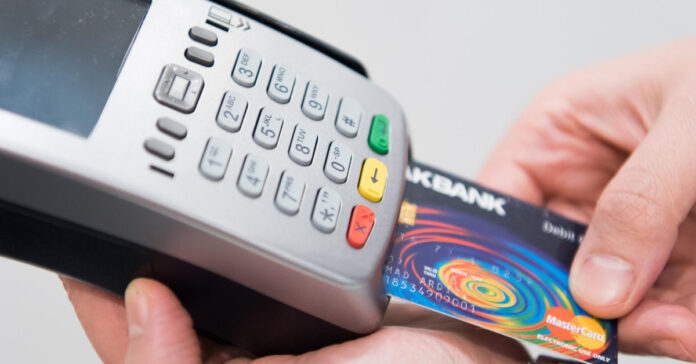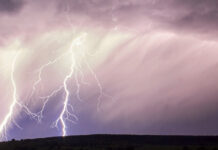Lists of what preppers should stock for their own use or for barter are as common on the Internet as click bait, but I wrote this list with the supply chain issue in question. We expect the lack of shipments from China to have an impact on store shelves in the very near future. This will also result in a big jump in prices. As such, there are some things you may want to buy before they are out of stock or their prices shoot up.
While the list is intended to benefit preppers, the items on this list are not all prepping-related.
Please keep in mind that I am not selling anything and there are no promotional links in this article. This is my opinion, uninfluenced by any third party advertisiers.
Baking Ingredients and Accessories
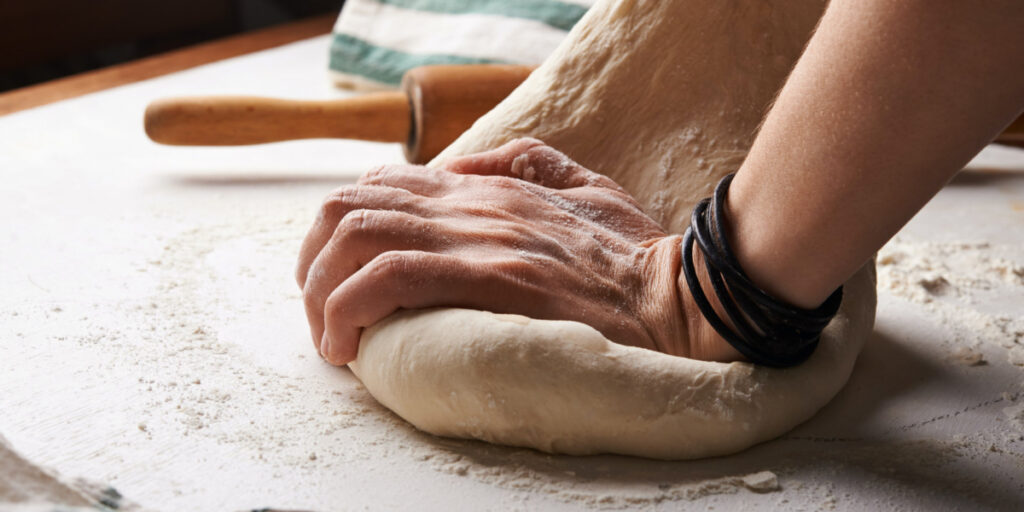
If you do not bake, the low supply of grain makes this the time to learn. You don’t need much: flour, sugar, yeast, baking powder, and baking soda are the minimum ingredients. Get a set of measuring cups and measuring spoons at the dollar store, plus a rolling pin, a bread pan, and two cookie sheets. Assuming you have an oven, you will then have all you need to bake.
Sure, you can buy a mixer, specialty pans for muffins, cakes, pies and other goodies, but the basics listed above should get you started. You can also buy cookbooks, but it’s cheaper to look up recipes online and watch YouTube to give yourself an idea of how to bake the basics. Just right down or print out the recipes you like so you don’t lose them if the grid of the power goes out.
What do I mean by the basics? Bread, rolls, biscuits, dumplings, flat breads, and pancakes. These are things that will enhance a meal and fill you up if the entrée isn’t enough. When food is scarce, the ability to bake some bread so you can have a peanut butter sandwich, some toast, or even just a piece of bread with dinner will be invaluable.
The most important ingredient is the flour. Wheat is already in short supply. Flour will be next. Buy at least a couple of five-pound bags. If you plan to sink your teeth into the idea of baking from scratch, or if you already do, buy some 25-pound bags.
This is the only food item on the list because if you are a prepper, food storage should already be a primary component of your preps.
Sewing Supplies
I’m not suggesting you will need to design and sew your own wardrobe, but we are coming up on an age of reuse, repair, and repurpose. The time may come where you need to sew up a tear, sew a patch over a rip, put on a new button, or shorten a hem so someone else can wear that item. Buy a small sewing kit (it should include a small selection of needles, a few small spools of thread and a thimble) plus a larger spool of black, blue, brown, and white thread. Also buy a heavier black thread and a couple of larger needles in case you need to repair something like a bag or backpack.
Remember, sewing supplies were one of the things that quickly went out of stock at the beginning of the pandemic. We could see that behavior repeat.
You should also start saving all the clothing and other fabric you would normally donate or otherwise dispose of. This may have value if we see significant supply chain disruptions. If you can’t give or trade it to someone else, you can use it for material to patch something else.
Tires and Automotive Batteries
We can’t predict what parts of our vehicles will go bad and need replacing, but we `know that both tires and batteries wear out. For example, I’ve found I need new tires every 50 to 60,000 miles and a new battery every four years.
If you are getting near those milestones, or if your tires are showing wear, consider buying a new set before the shortage set in. While you can drive for a while on tires with worn tread, you are stuck if your battery reaches the point where it can no longer hold a charge. A friend of mine recently paid more than $2,000 for tires on his Ford F250. Prices are rising, so buying a new set of tires before the cost rises even further.
Consumer Electronics and Appliances
The lockdown in China will cut the supply of consumer electronics available in stores. If you are a prepper, there are many things that should be on your prepping list before you spend limited funds on a new computer, a bigger TV, or the newest game console (which are already in short supply). Devices like a handheld GPS units, walkie-talkie style radios, HAM radios, short-wave radios, or satellite phones, however, can fit into your prepping plans.
There are already delays in getting large appliances delivered and/or repaired, but this latest supply chain problem will make getting smaller appliances more difficult as well. If you’ve been thinking of getting anything for the kitchen, waiting may mean missing your chance.
Apparel and Footwear
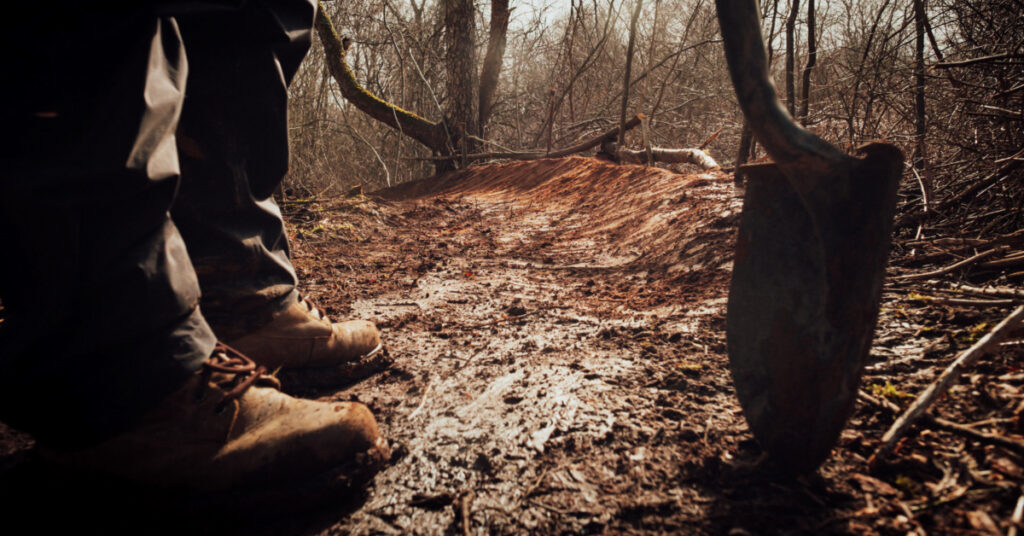
Chances are, your closet is already full, but are you properly equipped if you have to bug out, do more physical labor, or live in a colder house? For example, I used to wear a polo shirt to work every day. I haven’t put one on since I moved to our prepper property 18 months ago. If your lifestyle changes because of a recession or job loss, your clothing choices may change as well. For example, if you set your thermostat at 64 instead of 74 this winter to save money, you’ll need some sweaters, sweatshirts or fleeces.
You may also need better footwear. While it is easy to find used clothing, used shoes and boots are not as readily available. A set of sturdy, water-proof hiking boots could be a lifesaver. Buy them and break them in before you need them.
Finally, think about your kids, especially the ones that are growing quickly. If an older child can’t provide hand-me-downs, then consider buying a few key clothing items they will need in the coming months or year.
Baby Items
If you either plan to have kids soon or have only a limited supply of birth control at your retreat, stocking kids’ items may make sense. Think things like bottles, nipples, binkies, cloth diapers and pins, ointment for diaper rash, baby Tylenol, bibs, and kids’ toys. Even some basic clothing items like Onesies, sleepers, and socks might make sense. As kids get older, having plastic cups and plates is also a benefit since they can break china and glassware.
If you don’t want to stock cloth diapers, at least stock some patterns for them. The time may come where you need to take an old set of towels, a sheet, or maybe a worn flannel shirt and turn it into a diaper. Having a working pattern so you don’t have to re-invent the wheel will be a big help.
Oils and Lubricants
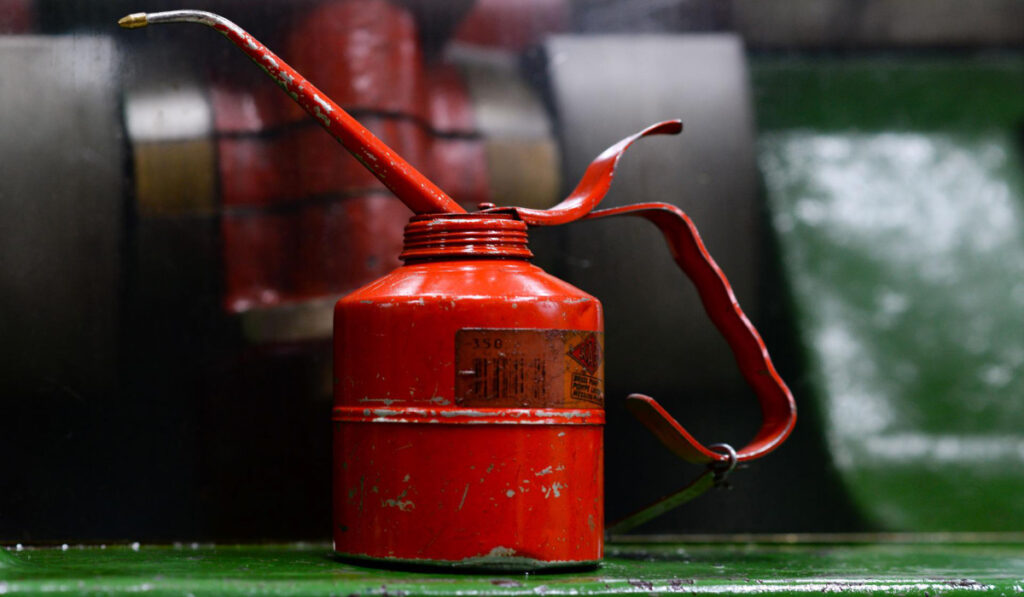
No, this one has nothing to do with having babies. I’m talking about motor oil, bar and chain oil, 3-in-1 oil, gun oil, WD-40, and similar products. A grease gun and a few tubes of grease aren’t a bad idea either. If you have any mechanical equipment you want to keep in good health, you should have some oil and grease on hand. I’ve heard there are already motor oil shortages, so don’t wait too long.
There are also specialty greases that might be useful. For example, if you have a hand-crank grain mill or a meat grinder, some FDA approved grease for use in food applications might be useful. If you have firearms, you will want to keep them lubricated and rust-free in all types of weather. Many guns just need oil, but some designs benefit from a light grease.
Tactical and Outdoor Gear
While we make the best gear here in the U.S., cost forces many to settle on plate carriers, battle belts, backpacks and other tactical gear made in China. These items are getting scarcer. Even U.S. made gear is getting harder to find as a lack of small parts like webbing, clips and buckles can hold up production.
This also applies to camping gear and items you may want for your bugout bag. If you are planning to build up your tactical kit or add some items to your bugout or get-home bag, don’t wait too long.
I’m not adding guns and ammo to the list on the assumption that you already have these prepping necessities, but make sure you have holsters, mag pouches, slings, optics, and the other accessories for both open carry and concealed carry. The time may come when openly carrying a gun becomes a necessary deterrent.
Tools and Parts
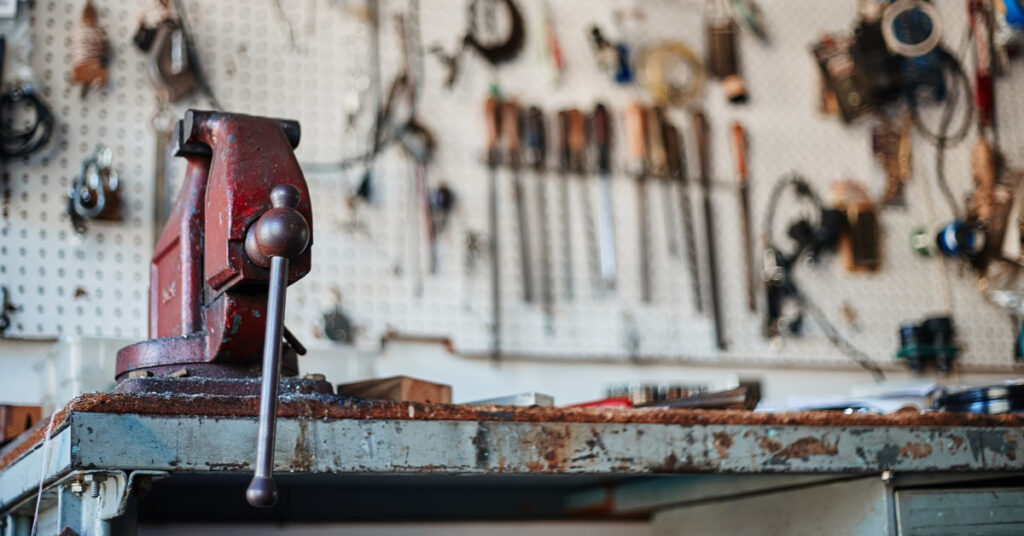
Besides a basic set of tools (wrenches, pliers, vice grips, a ratchet set, screw drivers, saws, etc.), I recommend you invest in the tools you need to repair things specific to your home. For example, if you live in an old house with copper piping, have a propane torch, some flux and solder, and the skill to use it to repair pipes. Have some spare copper piping, elbows, sleeves, and other parts. If your home uses the newer PEX piping, have the necessary tools and fittings to make these repairs.
Regardless of what kind of plumbing your home has, keep some basic spare parts on hand. Have a wax seal for a toilet, a few float ball replacement kits, a couple of braided faucet supply lines, O-rings, and repair parts for the brand of faucet in your home. You may still need a plumber if your hot water tank fails, but these simple parts can help you repair a leak or a drip and save the price of a plumber visit.
Do the same for electrical work. Stop by the home improvement store and pick up at least one outlet and switch that look like those in your home. If something gets damaged, you’ll have a drop in replacement. Consider getting a spare switched socket for a lamp and replacement plugs you can wire onto cords. A simple electrical repair kit would include black electrical tape, electrical cable, a circuit breaker or two that fit your electrical panel, linesman’s pliers, wire strippers, an outlet tester, and some parts to repair cable, phone, and network connections.
Fasteners
Along with your tools, you should have a selection of fasteners. A bare bones set would have some basic wood screws and nails, but don’t stop there. Consider dry wall screws, deck screws, bolts with nuts and washers, sheet metal screws, rivets and a rivet gun, and several sizes of nails. Depending on your situation, you may need screws that will work in cement, bricks or rock. Remember to have bits and the appropriate drill and driver to match your fasteners.
Don’t ignore glue and adhesives. Wood glues are very helpful for making in-home repairs, as are glues that work on fabric and leather, china or porcelain, and common construction materials. I also like to have a couple of different epoxies and some super glue on hand.
While not a fastener, some caulk and a caulk gun can be useful for quick touch ups in the kitchen and bath or to stop a draft around a door or window.
One Other Consideration
I know, I just spent 1900 words telling you to stock up before things go out of stock, but there’s another side of this coin. If we experience a recession or depression, some items may drop in price. Carefully consider what you need soon versus what you can wait for. For example, the cost of used cars is already dropping. Things like pleasure boats and ATVs may drop in price as demand declines.
It’s quite possible the recession will peak at the same time the supply chain issues resolve, and we’ll have both low demand and high supply, leading to lower prices. So if you don’t expect to need baby stuff or new tires for a year, consider holding off. It’s a gamble, of course, and assumes the Chinese don’t invade Taiwan or 101 other things don’t go wrong.

